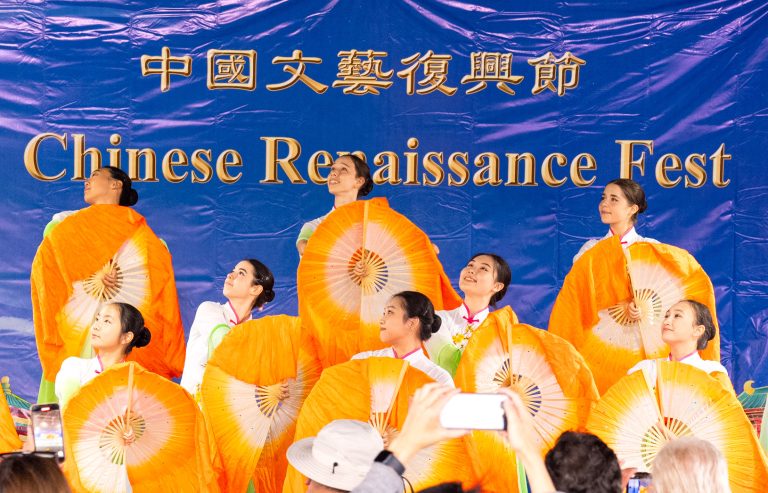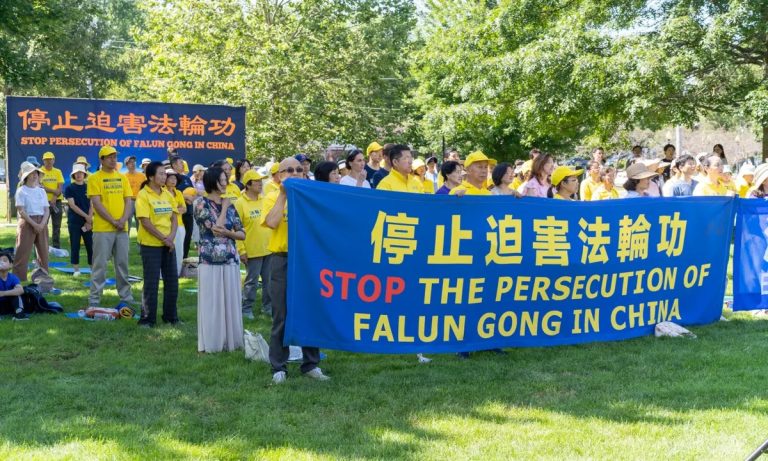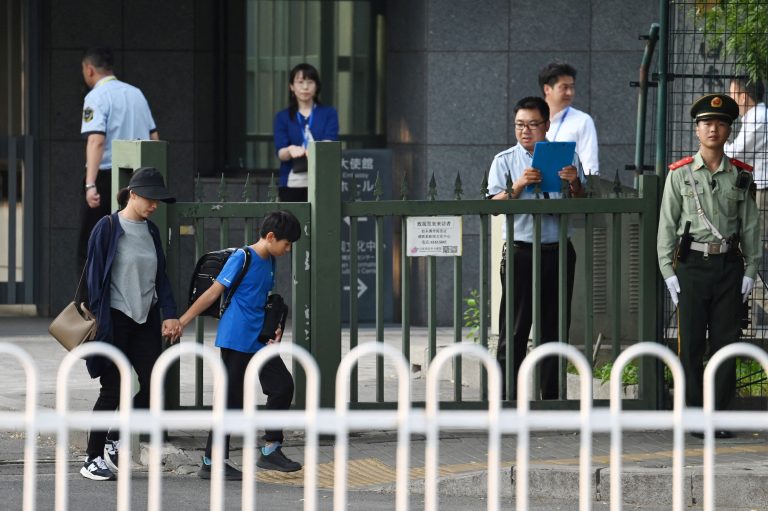A Chinese woman studying at Carnegie Melon says she was given a stern warning from members of the school’s Chinese international student association after she criticized its response to the Pittsburgh synagogue shooting.
The Carnegie Melon Chinese Student Association (CSA), along with its parent organization, the Chinese Students and Scholars Association (CSSA), is controlled by Beijing’s embassies and consulates.
Eleven people were killed by anti-semitic shooter Robert Bowers, who attacked the Tree of Life Synagogue in the morning of Saturday, October 27. The shooting occurred not far from the Carnegie Melon campus, and it affected some faculty members with whom the 20-year-old cognitive science major was familiar.
Writing in online comments, the woman, who is from Beijing, said she was emotionally shaken by the tragedy. She sent out emails and and made social media posts to mourn the dead and show sympathy for the local Jewish community.
An academic advisor, who is Jewish, thanked her for her “lovely, lovely email. It helped me,” the advisor replied.
Success
You are now signed up for our newsletter
Success
Check your email to complete sign up
“Seeing the [instructors] I respect and revere in such deep mourning was a big blow for me,” she wrote in one of her posts.

The Tree of Life Synagogue in Pittsburgh, PA. (Image: screenshot via the Tree of Life Synagogue website)
On Monday, October 29, however, the woman, who did not reveal her identity, opting instead to use the handle “Sparklegoose,” found to her disappointment that the CSA ran a promotion for a Halloween event featuring a violent video game and made no mention at all about the synagogue shooting.
The omission struck Sparklegoose as particularly insensitive: “I’m really disgusted by the CSA. At a time like this, it’s so stupid [that they chose to promote a killing game,]” she wrote in a comment posted to her friends’ circle on WeChat, a popular Chinese social media platform.
Soon after that, in the evening, she made another post, in which she wrote: “Someone dies right on your doorstep, and you pretend not to see and just walk over the body.”
The Epoch Times noted that “before publishing the post to WeChat’s public forum, she hesitated, then decided to post it in her friends’ circle instead.”
‘You can’t talk this way.’
Sparklegoose wrote that a day after she posted her criticism of the CSA, a male friend said that he found her comments “very interesting” and wanted to talk about them in person.
But when they met on Nov. 1, the fellow student said he was a member of the CSA and told her: “I hope you won’t cause any trouble.”
“So I’m really being taken to ‘drink tea,’” Sparklegoose wrote of her reaction at the time. In Chinese, being invited to “drink tea” is a euphemism for being issued a face-to-face warning by the authorities.
The two went to a small private meeting room on the Carnegie Melon campus where they were joined by a woman who introduced herself as the CSA chair and a Chinese fifth-year architecture student who was a senior CSA member.
For about an hour, Sparklegoose was harangued by the CSA members, who told her that her actions were “really improper” and that her comments felt like a personal attack against them. “You can’t talk like this in your [WeChat] friends circle,” they warned her. She responded by saying that she had the right to freedom of speech, but this fell on deaf ears.
Sparklegoose wrote in a 4-page article describing her experiences that she would continue to stand up for herself.
CSSAs have long been criticized for their use as an instrument for the Chinese government to censor the opinions of its citizens studying abroad — even in countries like the United States that honor freedom of speech as a basic human right.

CSSAs have long been criticized for their use as an instrument for the Chinese government to censor the opinions of its citizens studying abroad. (Image: Presidio of Monterey via Flicker)
Last May, Yang Shuping, a Chinese international student, gave a commencement speech at the University of Maryland in which she praised America’s freedom of speech and clean natural environment. Both the Chinese media and the school’s CSSA criticized her, and her parents were condemned. Under pressure, Yang issued an open apology for her statements.
The more than 150 CSSA branches across the United States alert Chinese diplomatic officials about the political activities of Chinese international students, who number around 430,000 in the country.
The CSSAs also promote the Chinese Communist Party’s agenda, which includes downplaying or denying Beijing’s political persecutions.
In another incident that occurred last year, exiled Tibetan Buddhist leader, the 14th Dalai Lama, was invited to hold a speech at the University of California-San Diego. His speech was heavily protested by the local CSSA.
Follow us on Twitter or subscribe to our weekly email







